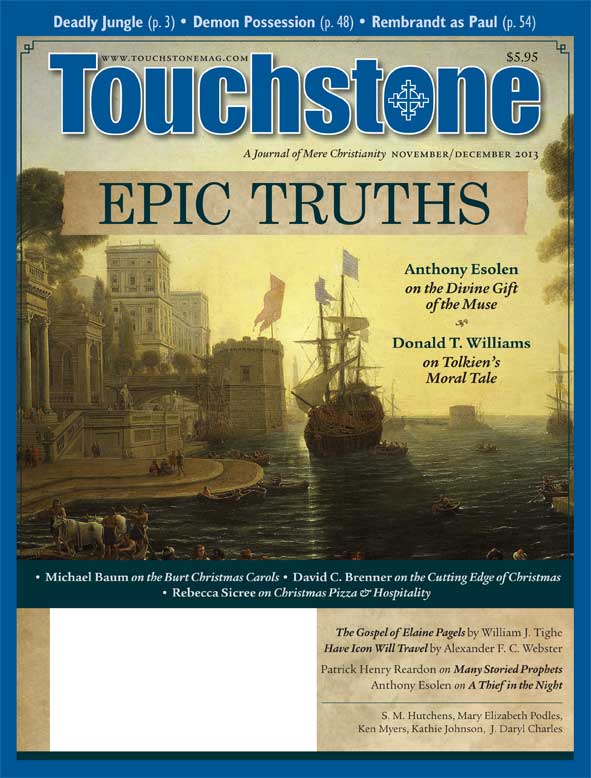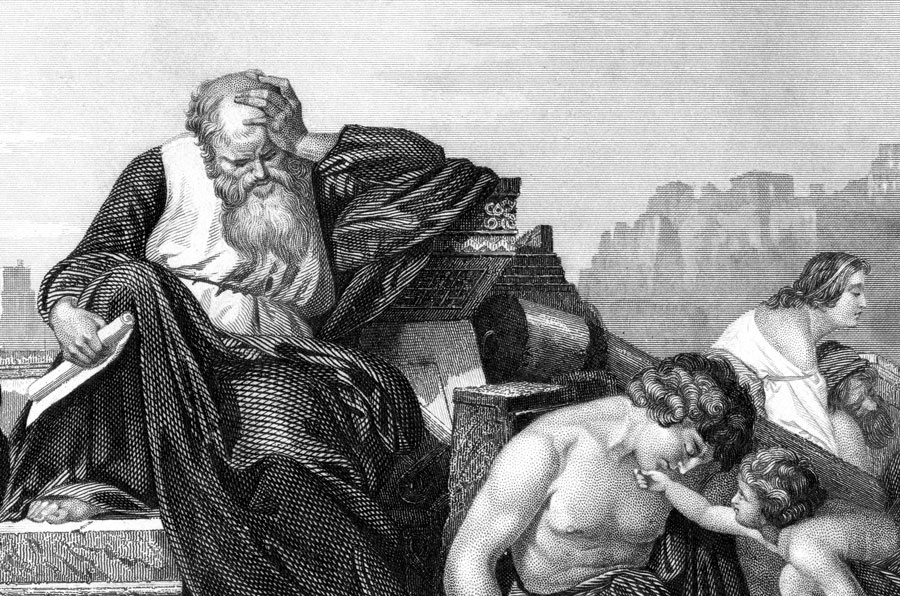First Books
A Change of Place
by Kathie Johnson
As I write this (at the end of August 2013), I am winding up a summer reading game in my children's library. Many public libraries have summer reading programs. As I understand it, they are based on how many books or how many pages a child reads. I have chosen to do something a bit different, and it occurs to me that reading families might enjoy my approach.
I ask children to read selected books that are set in a particular geographical area. I started in 2009 with the Far West of the United States, and in the following years moved across the Great Plains, through the Midwest, and up to New England. This year, the kids read books just from New York, along with books about city life and living in an apartment. It has been a delight to see them reading books they would not ordinarily select and liking them.
I can see reading families benefiting from a similar approach. You could use it when you feel your kids are getting bogged down in one type of book. Challenge them to read a few books set in an area you want to introduce to them. You could also use this approach as a way of "taking a trip" as a family to a part of the country (or world) that you wouldn't otherwise have the money or time to visit. To "take a trip," you might want to have handy a map of the area to which you will "travel." You could also incorporate such activities as collecting state quarters or stamps with the states, making state flags, learning state flowers and birds, and so on, as part of your "trip."
In my program, children are welcome to read at any level of difficulty they wish, which has freed good readers to gallop through some wonderful easier books that are often packed with a sense of place and ambiance. However, I do give each book a score—ranging from 1 to 4—for length and difficulty, so harder and longer books earn more points.
A New York Reading Trip
For some reason, this year was my most successful summer reading game. Some children have read over 100 books, and seemed eager for more every time they came in. I don't know if that's because word spread that the award party is fun—and the awards real—or because of the subject matter. As I planned for this year's game, I pondered why so many books are set in New York, especially New York City. Many writers live there, so that's one answer. The arts are especially important, so a number of books about music and dance are set there.
But I believe the main reason is that New York has always been a city of immigrants. There is great richness in the stories of people who have left their homelands hoping to find something better. There are stories of love and loss, hardship and adjustment, letting go and finding something worthwhile.
For example, in The Memory Coat, by Elvira Woodruff, Jewish cousins in Russia flee from the Cossacks and come to America. At Ellis Island, they face a challenge that involves a coat that is especially dear to them because it was made by a mother who died. Amy Hest's When Jessie Came Across the Sea is a beautifully illustrated book, telling of a young Jewish orphan girl who is chosen by the rabbi to go to America. Her special skill is sewing lace, and she soon attracts business, finally earning enough money to send for her beloved grandmother. A good general book about immigration is Coming to America, by Betsy Maestro.
Here are some other New York City books on other topics: Sky Dancers, by Connie Ann Kirk, is a Native American father-and-son story. The family lives on a reservation, but the father stays in a city apartment on weekdays, for his job working on skyscrapers. The son has a fear of heights, but he begins climbing trees to overcome his fear, so that he also can become a "sky dancer." Twenty-One Elephants—and Still Standing, by April Jones Prince, tells about the building of the Brooklyn Bridge and how the people worried that it might not hold up to heavy traffic. The circus man P. T. Barnum helps allay their concerns in an unusual way.
Peppe the Lamplighter, by Elisa Bartone, tells of a time in "Little Italy" before electric lights. A boy is desperate for a job because his father is ill. After searching many places, he is finally offered a job lighting street lamps. He begins working with a high heart, offering blessings to the people he loves with each lamp lit. But his father has wanted more for him and gradually takes away his joy, until one night he doesn't light the lamps. This is a touching story with wonderful illustrations, built around the lamplights.
Kathie Johnson has always had a love for children's books. She collected many as a teacher and began sharing them with other teachers. In 1986, she opened a children's library in her home, and it has continued to expand over the years. Many home-schooled and schooled children borrow books from it, and she takes great pleasure in finding the "right" book for a child. She attends First Presbyterian Church in Berkeley.
subscription options
Order
Print/Online Subscription

Get six issues (one year) of Touchstone PLUS full online access including pdf downloads for only $39.95. That's only $3.34 per month!
Order
Online Only
Subscription

Get a one-year full-access subscription to the Touchstone online archives for only $19.95. That's only $1.66 per month!
bulk subscriptions
Order Touchstone subscriptions in bulk and save $10 per sub! Each subscription includes 6 issues of Touchstone plus full online access to touchstonemag.com—including archives, videos, and pdf downloads of recent issues for only $29.95 each! Great for churches or study groups.
Transactions will be processed on a secure server.
more on childrens books from the online archives
more from the online archives
calling all readers
Please Donate
"There are magazines worth reading but few worth saving . . . Touchstone is just such a magazine."
—Alice von Hildebrand
"Here we do not concede one square millimeter of territory to falsehood, folly, contemporary sentimentality, or fashion. We speak the truth, and let God be our judge. . . . Touchstone is the one committedly Christian conservative journal."
—Anthony Esolen, Touchstone senior editor










